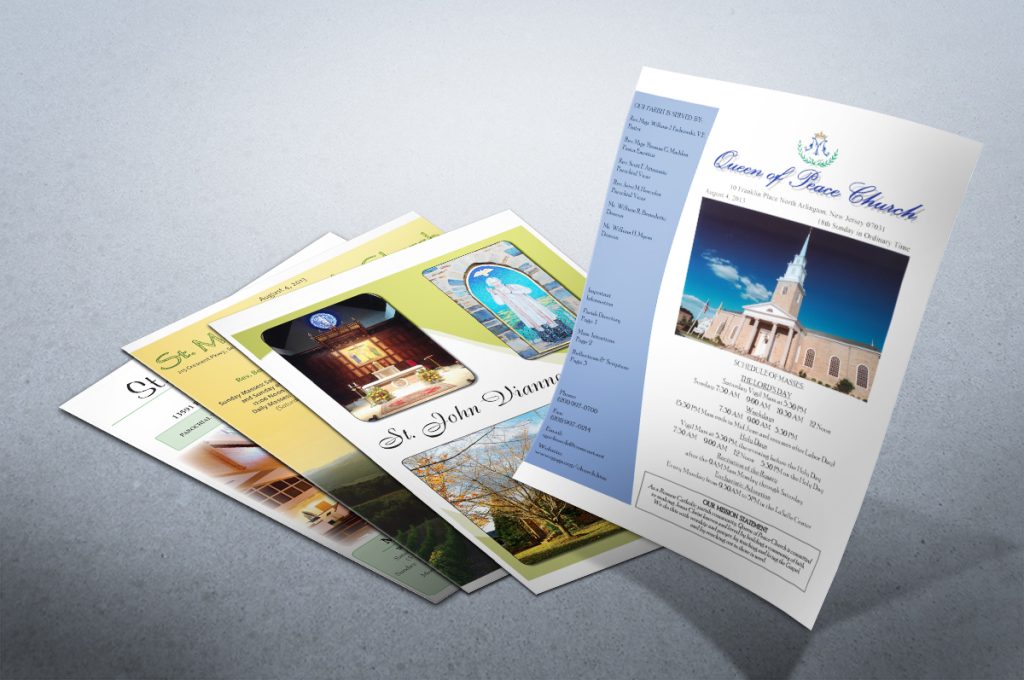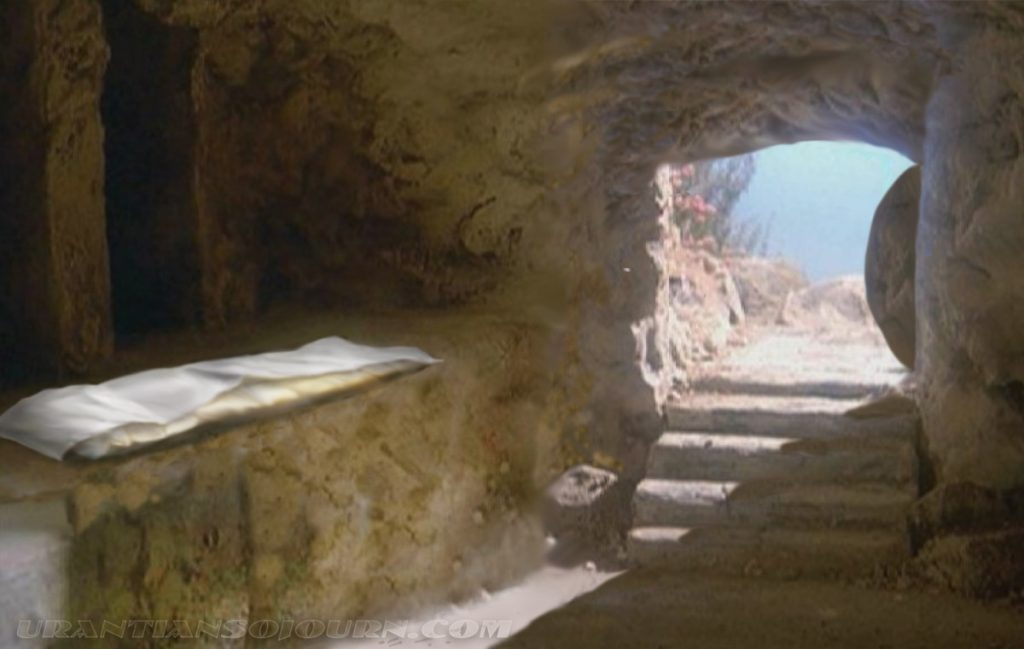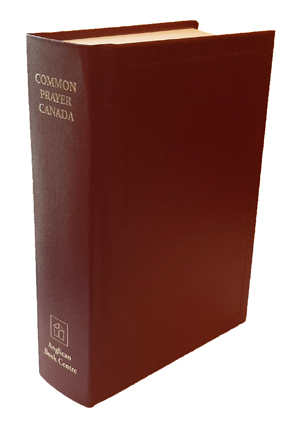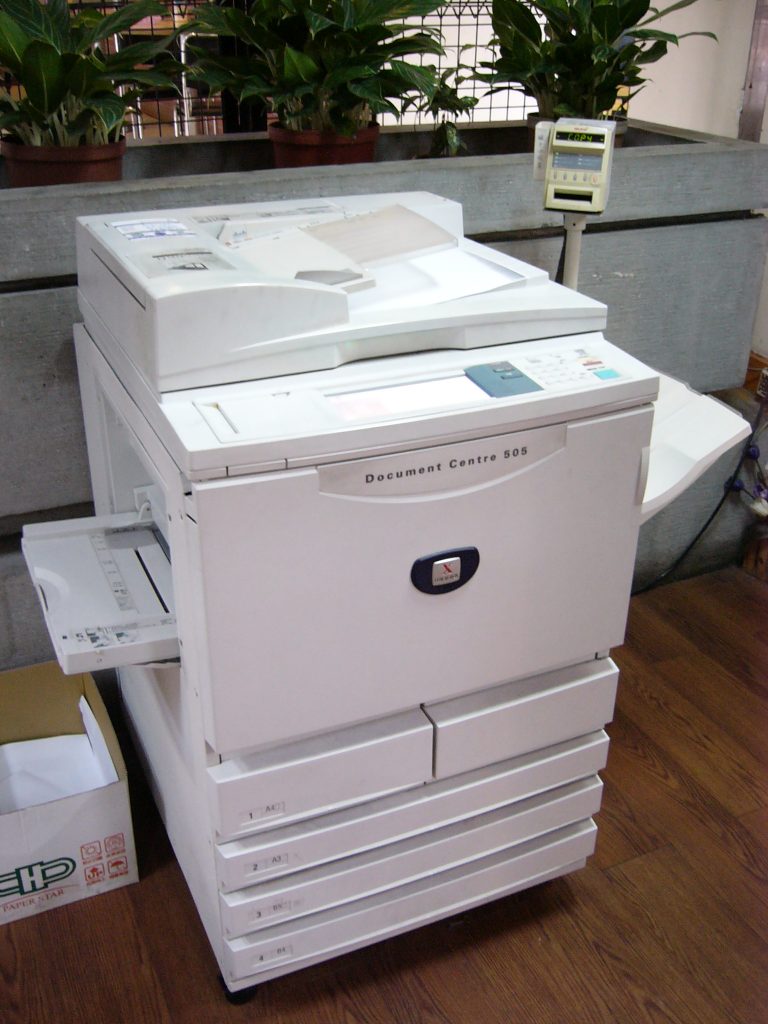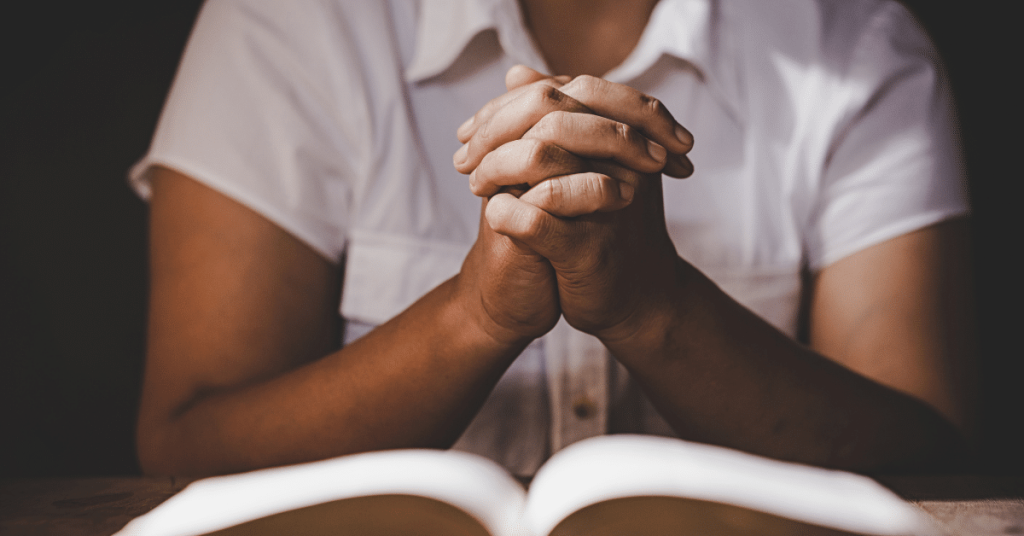
Friends, my recent hospital stay has given me more time to think than is strictly safe for anyone. There’s nothing quite like absolute bed rest — that special phrase which means “you will now do nothing at all, except think about the ceiling tiles and your life choices.”
And so I did what any sensible clergyperson would do when confined to a hospital bed — I started praying. And reflecting. And, as it turns out, learning a few hard truths about how God answers prayer.
First of all, let me say how deeply grateful I am for the overwhelming number of messages, notes, and assurances of prayer that have come my way from friends, family, parishioners, and probably at least one person who accidentally added me to their intercession list thinking I was someone else. Each of those prayers has been a lifeline. Truly.
But somewhere between the IV antibiotics and the less-than-divine hospital cuisine, I began to realize that answered prayer doesn’t always look like we imagine it will.
Back in August, while walking the Camino de Santiago — a journey that was meant to be part pilgrimage, part spiritual tune-up — I carried many intentions in my heart: prayers for my family, my friends, my parishioners past and present. But there was one prayer that kept bubbling up, rather persistently: that God might heal the circulation in my left leg, which has been troublesome for some time.
So there I was, standing in the Cathedral of Santiago de Compostela, offering my heartfelt prayer on August 12th — and by that very evening, I developed a blister on my left big toe.
Now, I’m not suggesting God has a mischievous sense of humour… but it did feel a little like the Almighty had taken my request for “improved circulation” and decided to start the process with a live demonstration of human frailty.
That blister turned into an infection that refused to yield to any earthly antibiotic, and before long, I found myself facing the grim prospect of losing the very toe attached to the leg I had prayed for. Somewhere in the heavens, I imagined God sighing and saying, “Patience, Don. We’re getting there.”
Fast forward to Thanksgiving Day. My nurse took one look at the toe and said the three words no one likes to hear: “Go to Emergency.” I did, expecting the usual routine — IV antibiotics, discharge, repeat. But this time, the doctors had other ideas. The Infectious Disease specialist decided to keep me in, declaring, “You’re not going anywhere.” (They say that like it’s reassuring.)
Before long, I found myself on absolute bed rest, being seen by a vascular surgeon who, after a quick examination, said something I’ll never forget: “Don’t worry too much about the toe. I want to fix the circulation in that leg so this doesn’t happen again.”
To turn to Scripture, I am mindful of the first reading last night for the Feast of St. Luke the Physician and Evangelist, written in the Wisdom of Jesus Ben Sirach:
“Honour physicians for their services, for the Lord created them, for their gift of healing comes from the Most High, and they are rewarded by the king.”
God had brought me along a difficult path that led me to the doctor who would deal with the problem — and good old Sirach reminds us that that doctor was certainly an instrument of God’s healing ministry
And there it was — the answer to the prayer I’d prayed two months earlier. It just didn’t look like an answer at the time. It looked like an infection, a hospital bed, and an intimate familiarity with hospital pudding.
All this has reminded me of something the senior minister at Wheatley United Church once told me when I was a very young youth minister. He said, “God always answers prayer. Sometimes the answer is yes. Sometimes it’s no. And sometimes it’s not yet.”
In my case, it seems God’s answer came immediately — I just didn’t recognize it because it was wrapped in something that looked more like a problem than a solution.
So here I am, still resting, still healing, and still learning that God’s ways are rarely linear, tidy, or predictable. Healing continues to come — but by a road I never would have chosen.
And so I say, with both gratitude and a hint of exasperation, thanks be to God for the gift of healing — even when the road that leads there has a few unexpected blisters along the way.
Prayer – “When Prayer Looks Nothing Like What You Ordered”
Gracious and patient God, You hear us when we pray — even when our words are clumsy, our timing questionable, and our expectations far too specific.
We thank You for the mystery of Your answers: for the “yes” that delights us, the “no” that protects us, and the “not yet” that stretches our faith.
Teach us, Lord, to trust that Your work is not delayed, only deeper than we can see.
When healing comes through detours, when hope arrives wearing hospital socks, and when grace hides beneath frustration, help us to keep praying — and to keep laughing — as You lead us toward wholeness in Your time.
We give You thanks for Your mercy, Your humour, and Your steadfast love that refuses to give up on us, even when we’re ready to give up on ourselves.
Through Christ, the Healer and Companion of the weary, we pray.
Amen.
